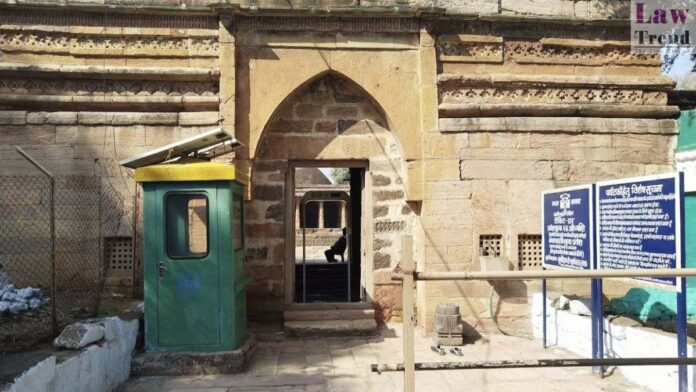In a crucial order, the Supreme Court has declined to halt the Archaeological Survey of India’s (ASI) planned survey at the historic Bhojshala Complex in Dhar, Madhya Pradesh.
The apex court, however, has laid down specific conditions to ensure the preservation of the complex’s structural integrity during the survey. The court’s directive explicitly prohibits any physical excavation activities that might jeopardize the monument’s condition.
The Bhojshala Complex, a site of significant historical and cultural importance, has been the subject of various scholarly and archaeological interests over the years. The Supreme Court’s decision came in response to concerns raised about the potential risks associated with the survey, particularly regarding the physical excavation processes.

In its verdict, the Supreme Court emphasized the need for a cautious approach, stating that the survey should be conducted in a manner that does not involve any action that could damage the structure.
The court further stipulated that no measures or actions should be based solely on the survey’s findings, indicating a careful and measured approach to interpreting and utilizing the survey results
.This decision has been closely watched by historians, archaeologists, and cultural heritage enthusiasts, given the Bhojshala Complex’s storied past and its significance in India’s rich tapestry of historical landmarks.
Also Read
The Supreme Court’s guidelines reflect a balance between the pursuit of archaeological knowledge and the imperative of preserving the nation’s cultural heritage.
As the ASI prepares to conduct the survey in accordance with the Supreme Court’s directives, the focus remains on uncovering new insights into the Bhojshala Complex’s history without compromising its structural sanctity.







